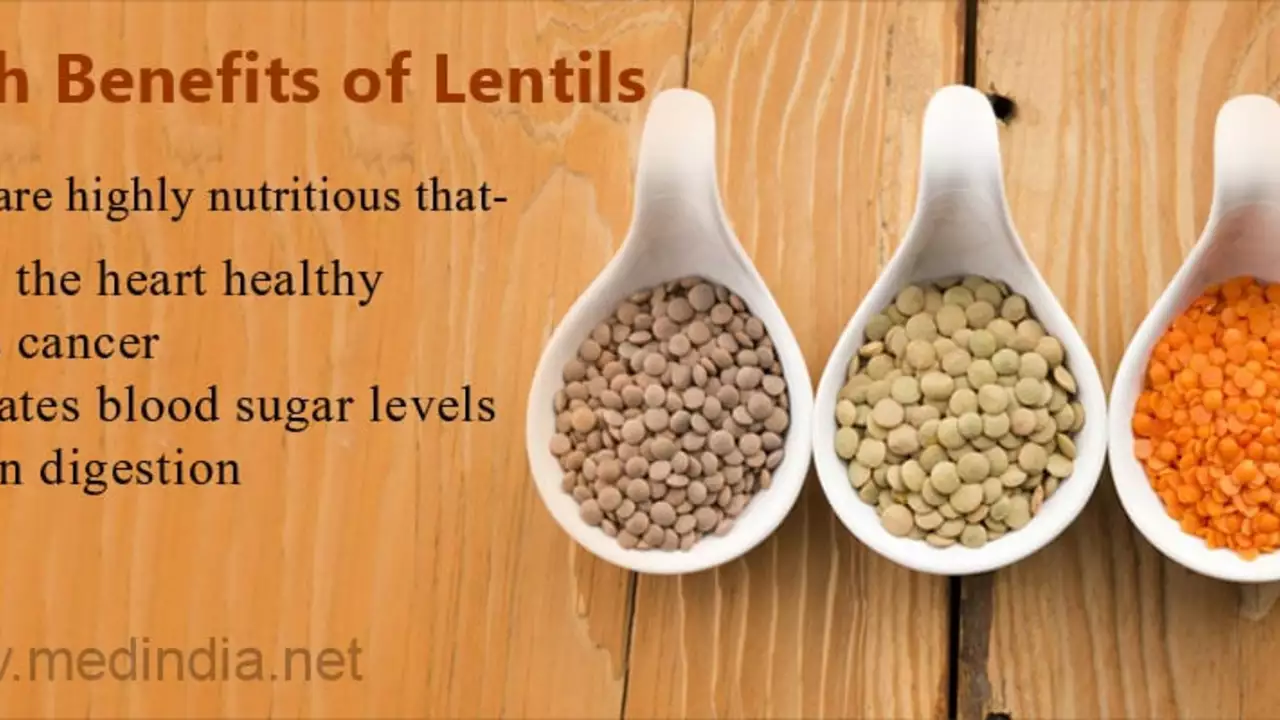Introduction to Lecithin
Ever wondered what the secret ingredient is that could help you achieve a healthier lifestyle? Well, the answer might be simpler than you think. It's a natural compound called lecithin. Found in many foods, lecithin is a fat that is essential in the cells of our body. But what makes it so special? What are the benefits of incorporating lecithin into our diet? Stay with me as we delve into this fascinating topic.
The Role of Lecithin in the Body
Lecithin plays several vital roles in our body. It aids in the process of cell membrane formation, which is crucial for the healthy functioning of our cells. Lecithin also serves as a precursor to the neurotransmitter acetylcholine, which is essential for brain function. Furthermore, it acts as a liver protector, helps in fat digestion, and plays a role in maintaining our cardiovascular health. It's clear that this compound is more than just a simple fat – it's a nutritional powerhouse!
Sources of Lecithin
So, where can we find lecithin? It's prevalent in various food sources. Eggs, particularly their yolks, are a rich source of this compound. It's also found in abundance in soybeans and sunflower seeds. Other sources include whole grains, legumes, and even some meats. But if you're striving for a healthier diet, you may want to consider getting your lecithin from plant-based sources.
Lecithin Supplements
If you find it challenging to incorporate lecithin-rich foods into your diet, don't worry, there's an alternative. Lecithin supplements are available in various forms, including granules, capsules, and liquids. They can be a convenient way to ensure you're getting enough of this important compound. However, it's essential to consult with your healthcare provider before starting any new supplement regimen.
Lecithin and Brain Health
Let's delve a little deeper into how lecithin contributes to brain health. Remember the neurotransmitter I mentioned earlier? Acetylcholine plays a crucial role in memory, learning, and concentration. By providing the body with a steady supply of lecithin, we're helping support optimal brain function. It's no wonder many people refer to lecithin as "brain food"!
Lecithin and Heart Health
Heart health is another area where lecithin shines. It's believed that lecithin can help lower cholesterol levels, thereby reducing the risk of heart disease. In addition, lecithin's role in fat digestion may also contribute to maintaining a healthy weight, which is another key factor in heart health. So, it seems that adding more lecithin to our diet could be a heart-smart move!
Potential Side Effects of Lecithin
Though lecithin is generally considered safe, like anything else, it's possible to have too much of a good thing. Some people may experience mild side effects such as stomach upset, diarrhea, or allergic reactions. Again, if you're considering starting a lecithin supplement regimen, it's crucial to talk to your healthcare provider first. They can help determine the right dosage for you and monitor for any potential side effects.
Conclusion: Lecithin – A Dietary Secret Weapon
In conclusion, it seems that lecithin is indeed a secret ingredient that our diet has been missing. Its myriad benefits, from supporting brain and heart health to aiding in digestion and cell formation, make it a nutritional powerhouse. Whether you opt to incorporate more lecithin-rich foods into your diet or choose a supplement, it's clear that this compound has a lot to offer. So why not give lecithin a try? Your body might just thank you!

